Know causes, symptoms and treatment of prostate cancer which Joe Biden diagnosed
Tue 20 May 2025, 23:44:17
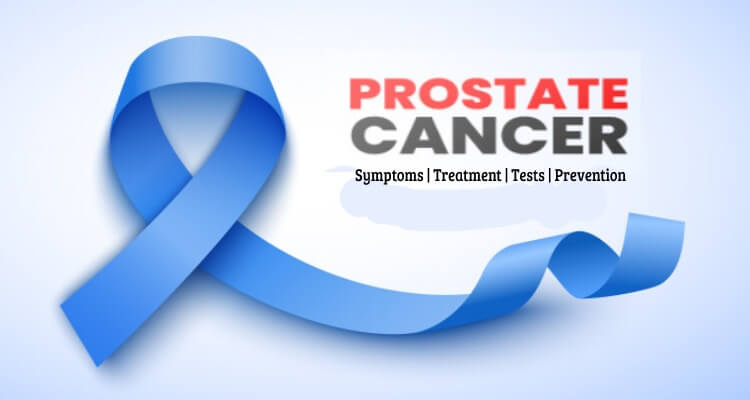
Former US President Joe Biden's office said Sunday that he has been diagnosed with severe prostate cancer. Biden was experiencing increased urine complaints and was examined by specialists last week, who discovered a prostate lump. He was diagnosed with prostate cancer on Friday, and the cancer cells have spread to the bone, according to a statement from his office.
Prostate cancer is highly treatable if detected early, but it is also the second greatest cause of cancer death among males. According to the American Cancer Society, approximately one out of every eight men will be diagnosed with prostate cancer over their lifetime. From causes to treatment options, here's all about this cancer.
What is Prostate Cancer?
Prostate cancer originates in the prostate gland, a small, walnut-sized organ located below the bladder in men. It is one of the most common cancers among men, with over 313,000 new cases projected in the U.S. for 2025.
Causes and Risk Factors
The exact causes of prostate cancer remain unclear, but several risk factors have been identified:
. Age: The risk increases with age, particularly after 50.
. Family History: Having a father or brother with prostate cancer doubles the risk.
. Race: African-American men are at higher risk and often develop more aggressive forms of the disease.
. Diet and Lifestyle: High-fat diets, obesity, and smoking contribute to increased risk .
Symptoms of Prostate Cancer
In the early stages, prostate
cancer may not cause noticeable symptoms. As the disease progresses, symptoms may include:
cancer may not cause noticeable symptoms. As the disease progresses, symptoms may include:
. Difficulty urinating or a weak urine flow
. Frequent urination, especially at night
. Painful urination or a burning sensation
. Blood in urine or semen
. Pain in the back, hips, or pelvis
. Erectile dysfunction
. Unexplained weight loss and fatigue .
Treatment Options
Treatment for prostate cancer depends on the stage and aggressiveness of the disease. For advanced cases like President Biden's, which have spread to the bones, treatment may include:
. Hormone Therapy: Reduces testosterone levels to slow cancer growth.
. Chemotherapy: Uses strong medicines to kill cancer cells or stop their growth.
. Radiation Therapy: Uses high-energy beams to destroy cancer cells.
. Targeted Therapy: Attacks specific chemicals in cancer cells to stop their growth.
. Immunotherapy: Stimulates the body's immune system to fight cancer cells.
Despite the seriousness of the diagnosis, the cancer is hormone-sensitive, which allows for treatment options. President Biden and his family are currently reviewing available treatment options with his medical team .
Disclaimer: (Tips and suggestions mentioned in the article are for general information only and should not be construed as professional medical advice. Always consult your doctor or a dietician before starting any fitness programme or making any changes to your diet.)
No Comments For This Post, Be first to write a Comment.
Most viewed from Health
AIMIM News
Latest Urdu News
Most Viewed
May 26, 2020
Can Lionel Messi's visit boost Indian football?
Latest Videos View All
Like Us
Home
About Us
Advertise With Us
All Polls
Epaper Archives
Privacy Policy
Contact Us
Download Etemaad App
© 2026 Etemaad Daily News, All Rights Reserved.



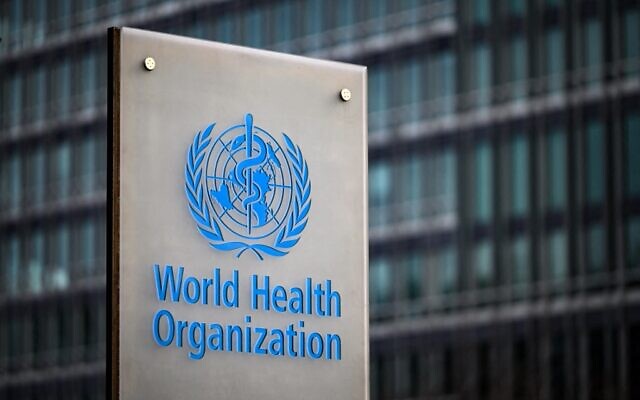
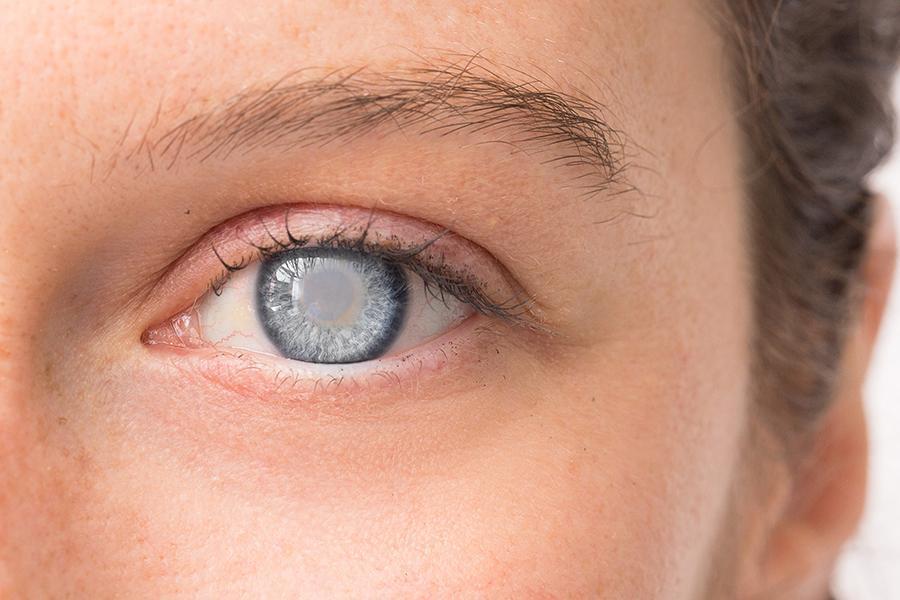

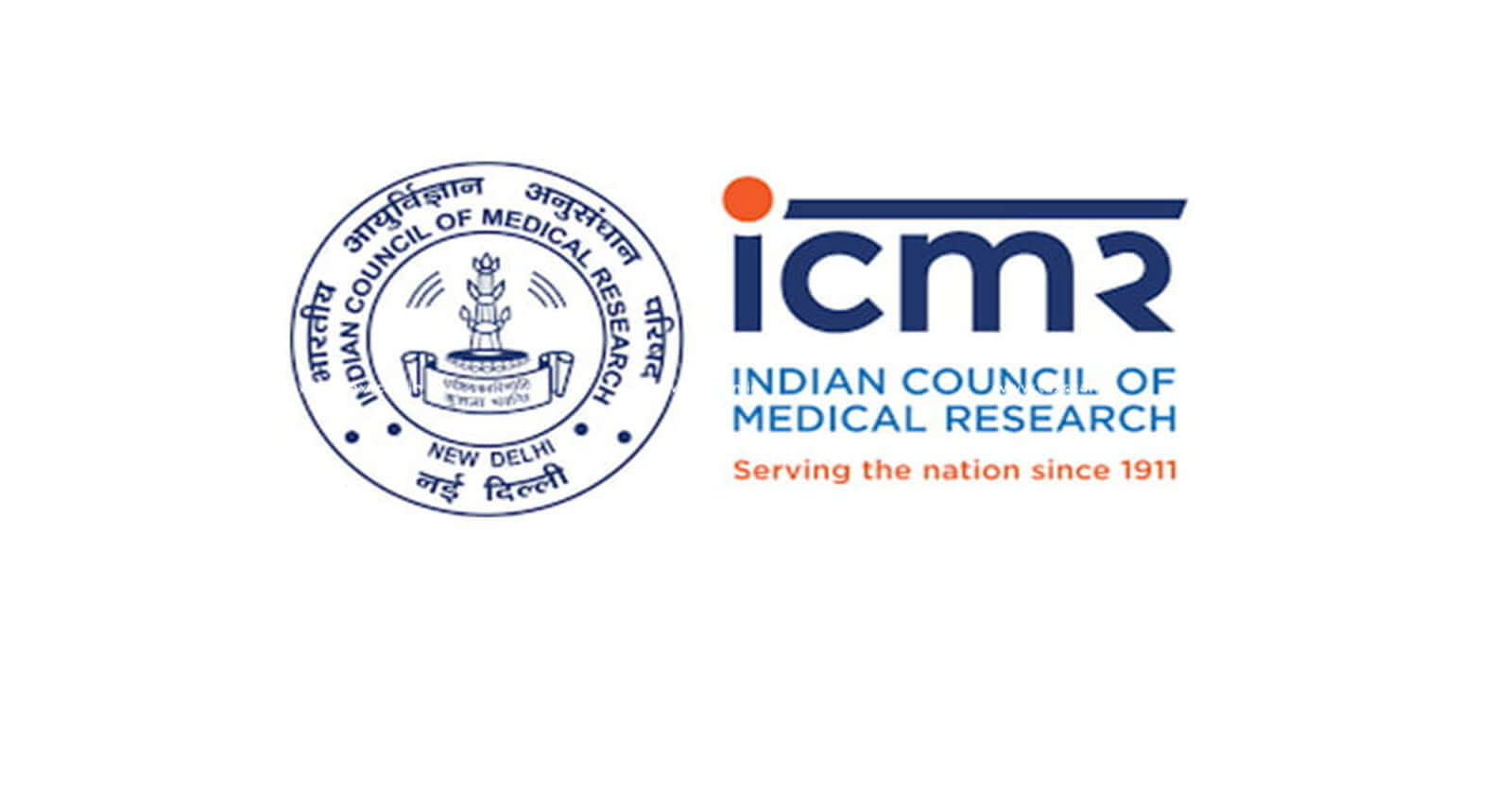





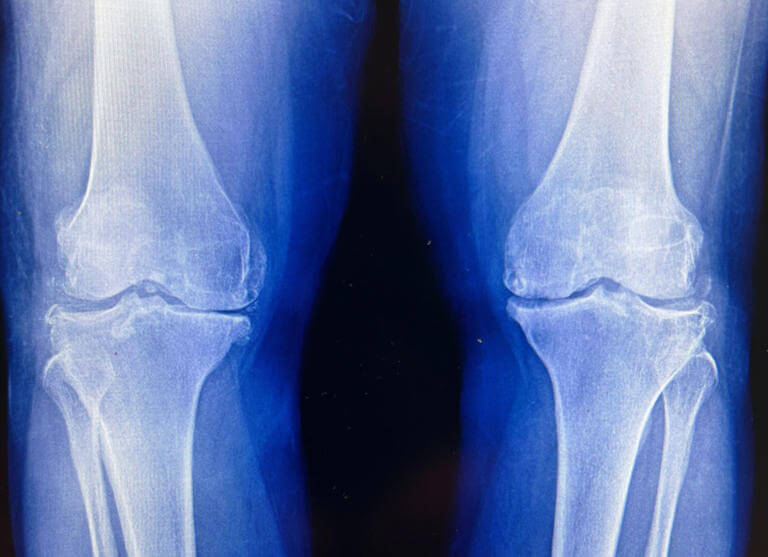












.jpg)
.jpg)
.jpg)


